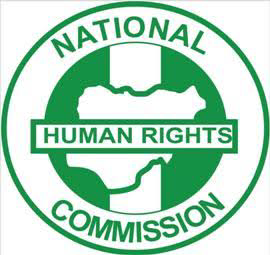The National Human Rights Commission is now adopting a community-based approach that will promote reconciliation of persons affected by Boko Haram insurgency.
Executive Secretary of the Commission Tony Ojukwu made this known to Journalists at a two-day training of community stakeholders and transitional justice reconciliation committee in Maiduguri the state capital.
According to Ojukwu, members of the committees and panels were selected by their communities.
“Your mandates provide your communities with the opportunities to reconcile, rebuild and position themselves for a more prosperous future founded on justice, equity and peace.
“Your tasks will be challenging but we believe that you gave what it takes to succeed.
“Membership of the panel and committees have been carefully chosen and vetted by the communities themselves and we believe that these special attributes will further boost your moral and credibility, ” Ojukwu said.
The Secretary of Bama Emirate, Alhaji Makinta Usman who spoke on behalf of traditional rulers, lauded the initiative by UNHCR and assured their support to transitional justice and reconciliation.
Usman, who noted that Bama was one of the areas worst hit by the insurgency, said with the return of normalcy, they had started receiving repentant Boko-Haram members and would use the transitional justice and reconciliation project to achieve lasting peace in the area.
Highlights of the occasion included a technical session on “Regional and Global Mechanisms for Setting up Transitional Justice Mechanisms” for the three conflict most affected states of Borno, Adamawa and Yobe.
They are saddled with the responsibility of providing opportunity for confession by perpetrators to victims and also reconcile them.

Comments
Post a Comment